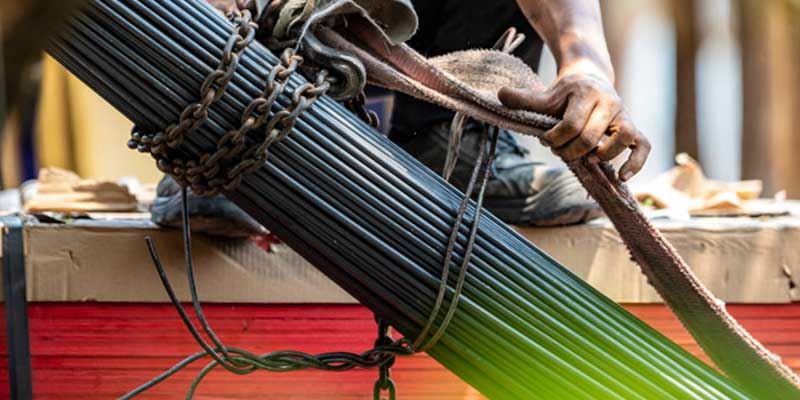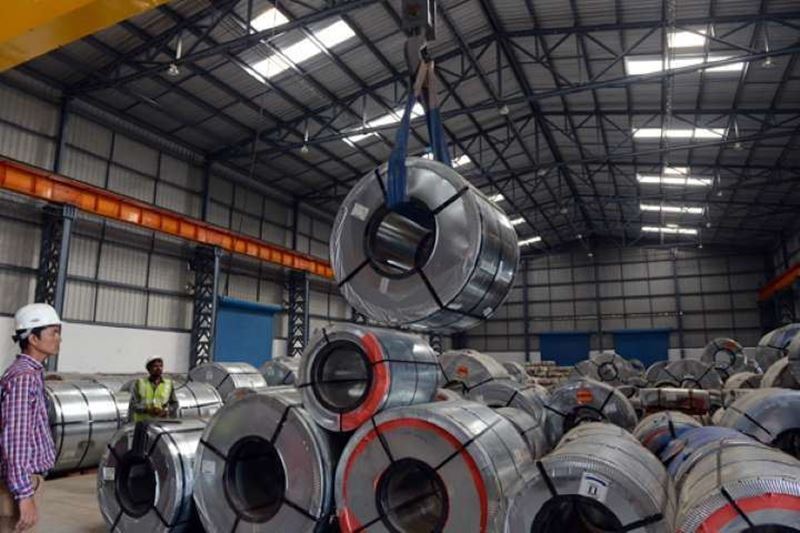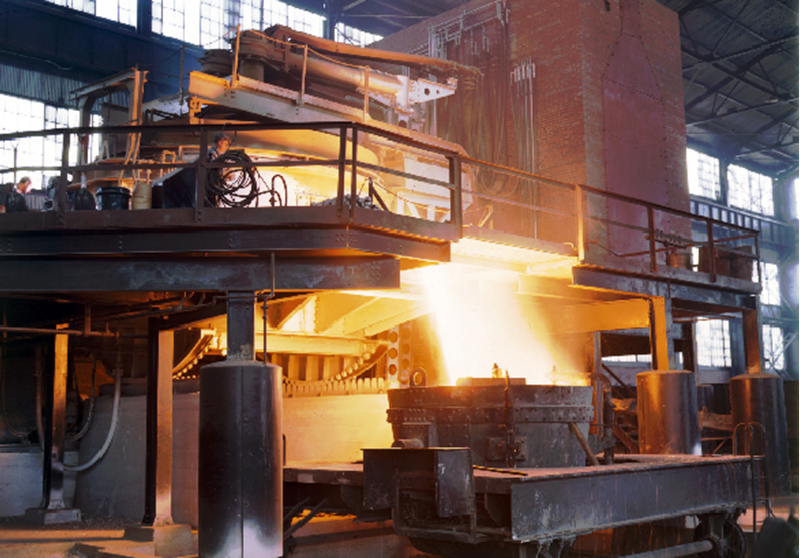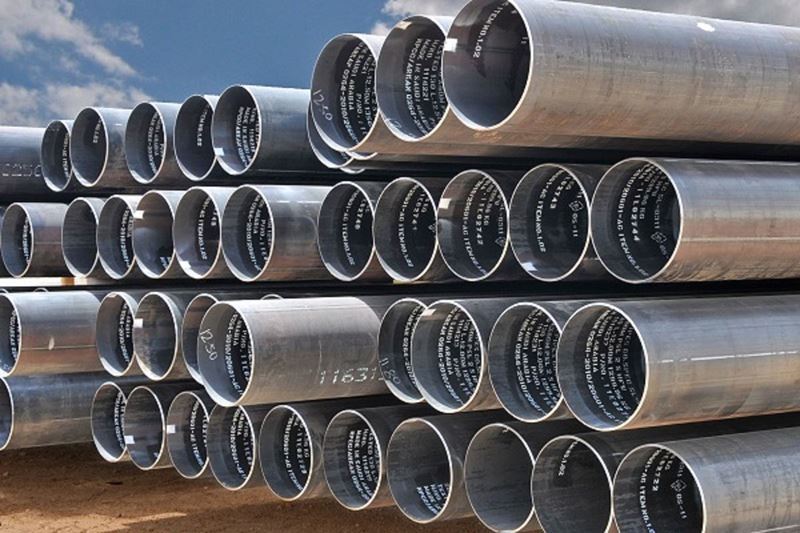In a troubling development for Pakistan's steel sector, concerns have been raised regarding a significant uptick in smuggling activities from neighboring Iran. Industry insiders have sounded the alarm, citing potential detrimental impacts on the local economy and the steel market.
Reports from the Pakistan Steel Mills Association (PSMA) indicate a sharp increase in the influx of smuggled steel products across the border from Iran in recent months. This surge in illicit trade has prompted widespread apprehension among stakeholders within the Pakistani steel industry.
The smuggling of steel from Iran poses a multifaceted challenge to Pakistan's economy. Not only does it undermine the competitiveness of locally produced steel, but it also deprives the government of crucial tax revenues. Furthermore, it presents a threat to the livelihoods of legitimate businesses operating in the sector.
According to PALSP estimates, a staggering 500,000 metric tons of steel are illicitly transported across the border annually. This clandestine trade results in a colossal loss of tax revenue, amounting to a staggering 25 billion rupees. The scale of this smuggling crisis is alarming, and if left unchecked, it could deal an irreparable blow to the industry.
The Prime Minister has personally intervened, forming an inter-agency committee tasked with devising a comprehensive strategy to combat smuggling. Additionally, the Federal Board of Revenue (FBR) has launched a massive crackdown on smuggling operations. Regrettably, these efforts provide only temporary relief and fall short of a lasting solution.
During a recent Senate Standing Committee meeting, Senators exposed the involvement of “official patronage” in smuggling activities. Shockingly, fixed rates for smuggled goods were revealed, with exorbitant fees charged for truckloads of illicit steel. Each checkpoint reportedly accepted bribes, further exacerbating the crisis.
Smuggled steel now accounts for approximately 15% of Pakistan’s long steel domestic manufacturing capacity. This influx undermines the local market and jeopardizes the viability of steel producers. Widespread job losses loom, and the livelihoods of countless workers hang in the balance. The consequences extend beyond the industry itself, potentially impacting Pakistan’s economy as a whole.











Comments
No comment yet.